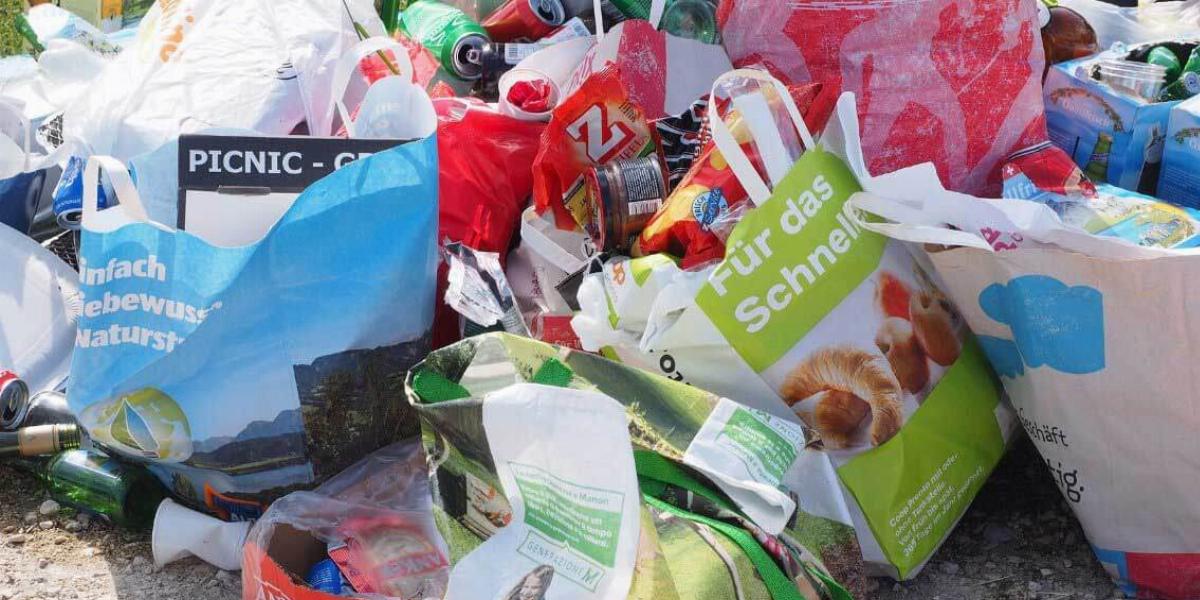
Despite society’s growing support for waste reduction and industries that embrace sustainability, the U.S. still sends 136 million tons of waste to the landfill every year. Now, Rob Watson, inventor of the LEED Certification, has come up with a plan to help steer the U.S. further down the path toward zero waste by creating a new certification, the SWEEP Standard, aimed at the solid waste management industry.
The SWEEP acronym stands for “Solid Waste Environmental Excellence Protocol”—an understated title for a concept that aims to dramatically improve our definition of responsible solid waste disposal.
Watson’s inspiration for creating SWEEP was very similar to that of the LEED certification: the solid waste management industry has no agreed-upon definition of what it means to handle materials sustainably. This means that businesses and municipalities are free to give “sustainability” whatever definition will make them look good, which in turn makes it difficult to gather meaningful data about the effectiveness of our current methods of waste reduction.
Just as LEED established standards that must be met for a building to be labelled “green,” SWEEP will establish standards to define what sustainable materials management really means. Both municipal solid waste programs and solid waste management companies will be addressed by the SWEEP standard.
While the standards are still being developed, their core goal is to shift the industry’s focus toward "a world without waste where materials are valued and continually utilized for their highest and best purpose, without causing harm to human health and the environment."
To determine the specifics of the SWEEP standard, Watson is working with the Northeast Resource Recovery Association, along with a steering committee that includes members from the BlueGreen Alliance, the Sustainable Packaging Coalition and various waste industry leaders.
Using data from the Environmental Protection Agency, as well as more localized data from businesses and municipalities across the country, the steering committee will create standards that cover four different categories:
While the SWEEP standards will benefit society as a whole from an environmental perspective, SWEEP certification will also give businesses a powerful tool for appealing to an increasingly eco-conscious customer base. Municipalities will have a similarly powerful tool for attracting eco-friendly businesses.
We look forward to digging deeper into the effect SWEEP will have on solid waste management as the formal standards are released.